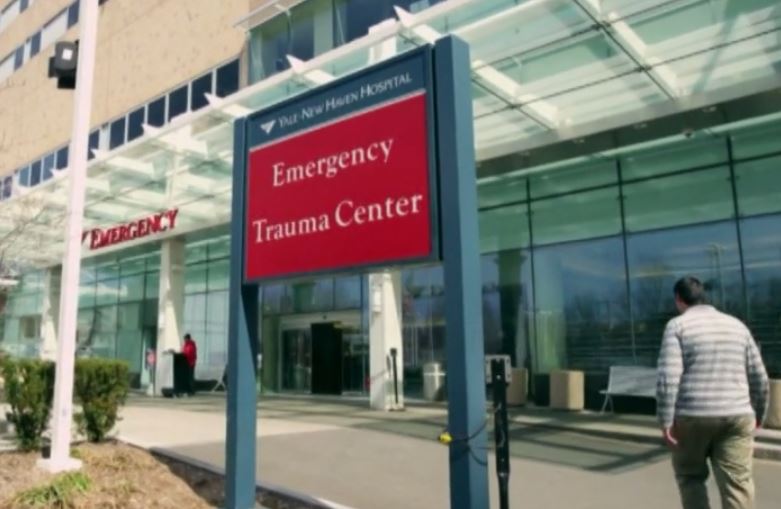Dependence on prescription opioids and heroin is a major public health issue that is increasing in the United States, as well as internationally. Those who struggle with these types of addictions often seek care in hospital emergency departments, where the primary option for staff is to simply refer patients to addiction treatment services. A new study evaluated whether these patients would be more successful in seeking and staying in addiction treatment if they started effective treatment in the emergency department.
Researchers enrolled 329 patients with opioid dependence from the emergency department of an urban teaching hospital and divided them into three separate groups. One group received a referral to drug treatment, the second underwent a brief intervention and referral to treatment, and the third was started on buprenorphine, a medication that decreases withdrawal symptoms, craving, and opioid use. This group also followed up in primary care for 10 weeks of maintenance therapy.
Results found that almost 80% of patients in the buprenorphine group were engaged in treatment at 30 days. These patients also reported less use of illicit opiates than patients in the other two groups

















